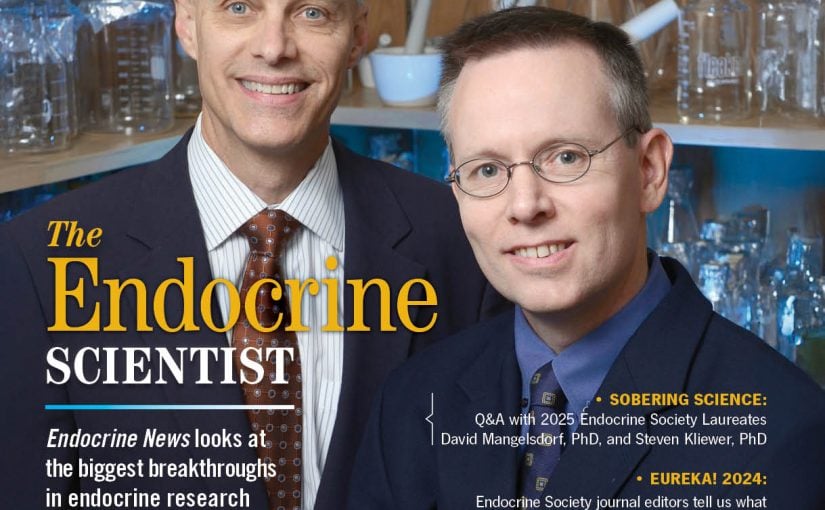
Roy O. Greep Award for Outstanding Research
Klaus H. Kaestner, PhD
I am delighted to nominate Klaus H. Kaestner, PhD, for an Endocrine Society Roy O. Greep Award for Outstanding Research. Dr. Kaestner’s work has combined innovative mouse genetics with state-of-the-art functional genomics to understand the molecular basis of the development and function of the liver and endocrine pancreas. He discovered the molecular basis of initiation of liver development (Nature 2005), and has made major contributions to our understanding the metabolic function of the liver. (Cell Metabolism 2005, 2009). He also has contributed groundbreaking studies of the epigenetic and chromatin landscape of the adult liver (Nature Str Mol Biol 2011) as well as embryonic stem cells (Cell 2012). In addition, Dr. Kaestner has combined genetic and genomic tools to explain the sexual dimorphism in liver cancer in mammals (Cell 2010).
Dr. Kaestner’s work on the endocrine pancreas has been equally outstanding, elucidating unexpected roles and relationships between the earliest stages of development and the adult function of this vital organ in mouse models (JCI 2004; Genes & Development 2007, 2008). Most recently he has pioneered the epigenetics of human islets, leading to deeper understanding of islet cell plasticity (JCI 2013) and unprecedented insights into the pathology of beta cell dysfunction, including the discovery of microRNAs that are misregulated in beta-cells of type 2 diabetics (Cell Metabolism 2014) and aberrant DNA methylation that occurs with aging (Cell Metabolism 2015). Dr. Kaestner has also been a leader in multiple NIDDK-sponsored consortia, including the Beta Cell Biology Consortium, and the Human Islet Research Network (HIRN) consortium.
I have cited just a fraction of Dr. Kaestner’s contributions, which in sum constitute a remarkable body of work that is notable not only for its quality, but for its innovation, thematic continuity, and importance to endocrinology. Dr. Kaestner’s accomplishments make him highly deserving of an Endocrine Society Roy O. Greep Award Outstanding Research.

